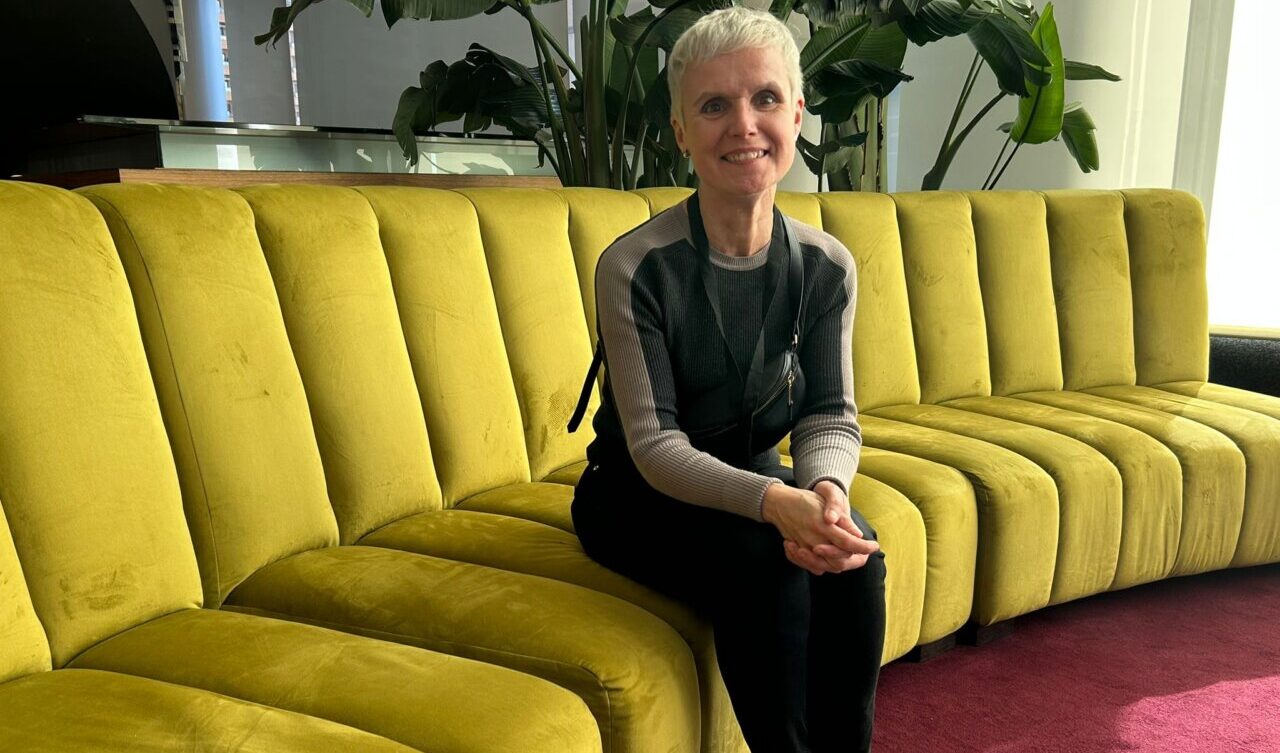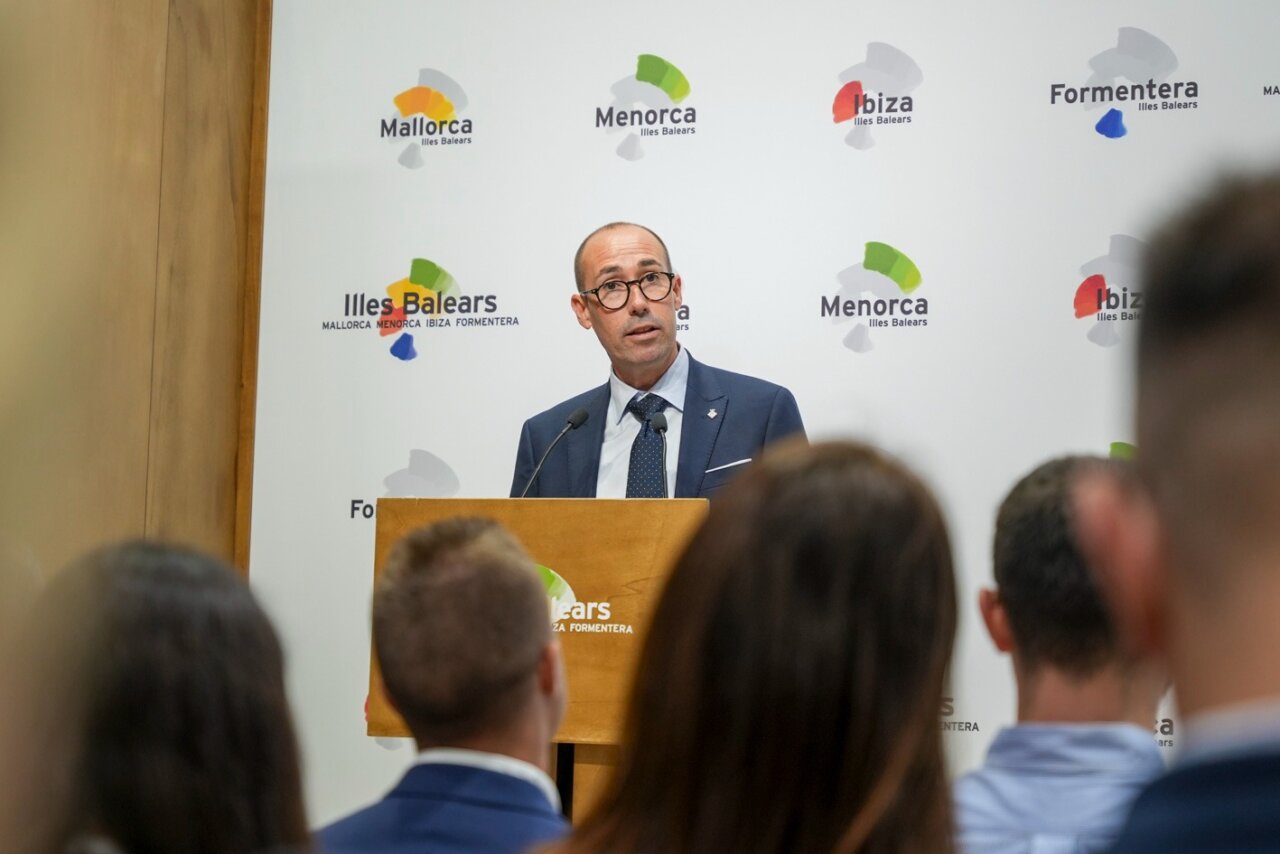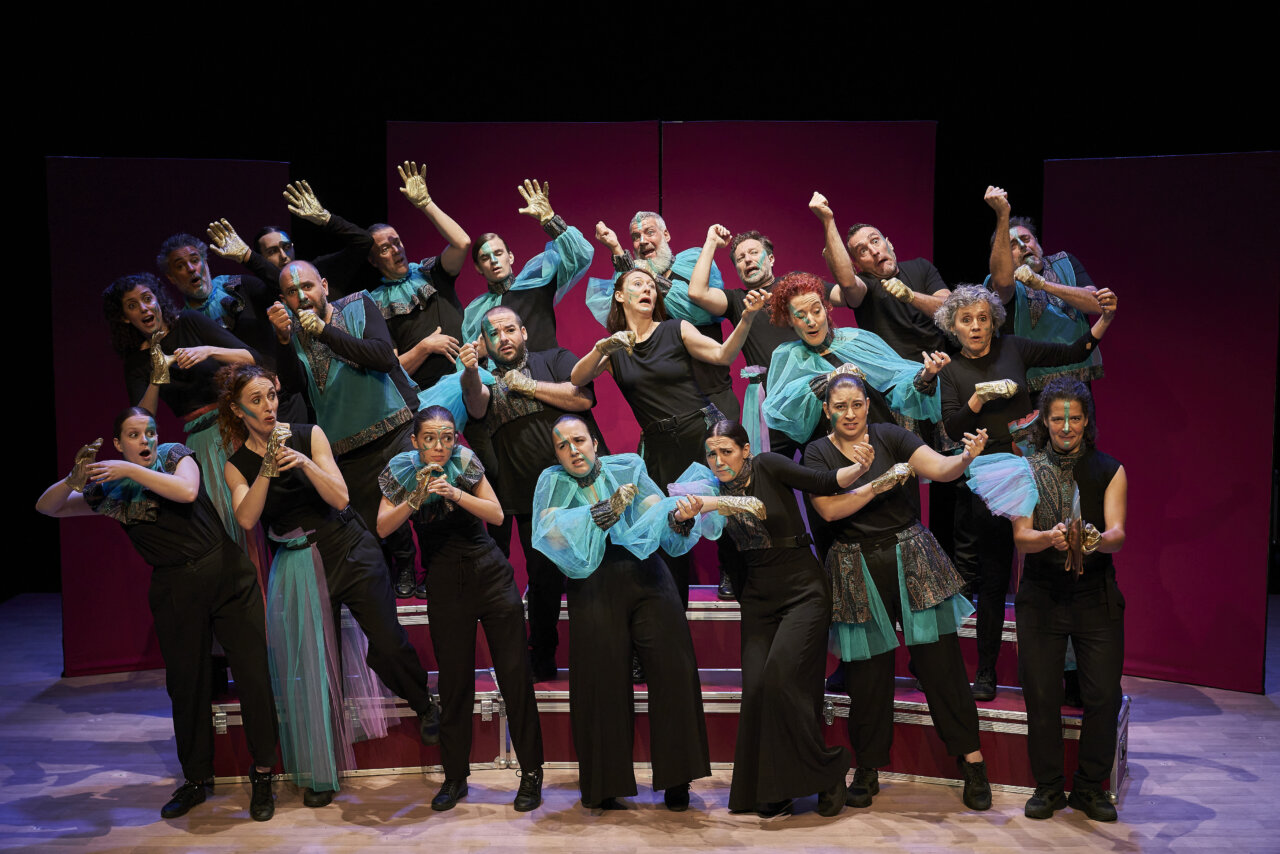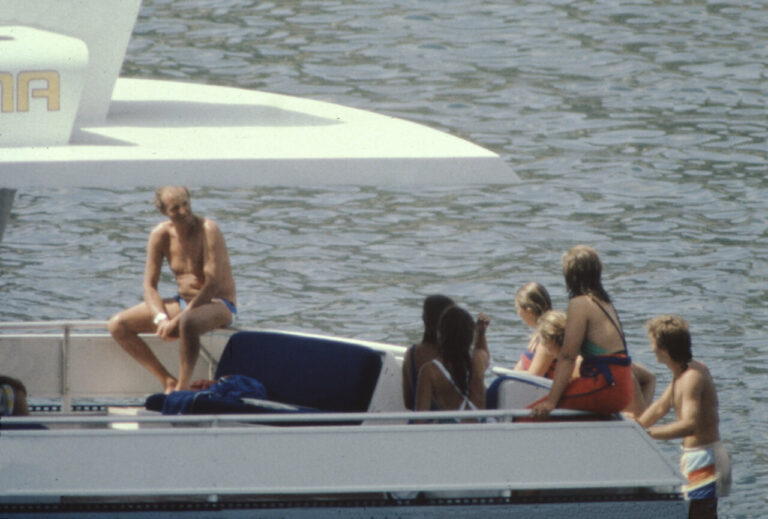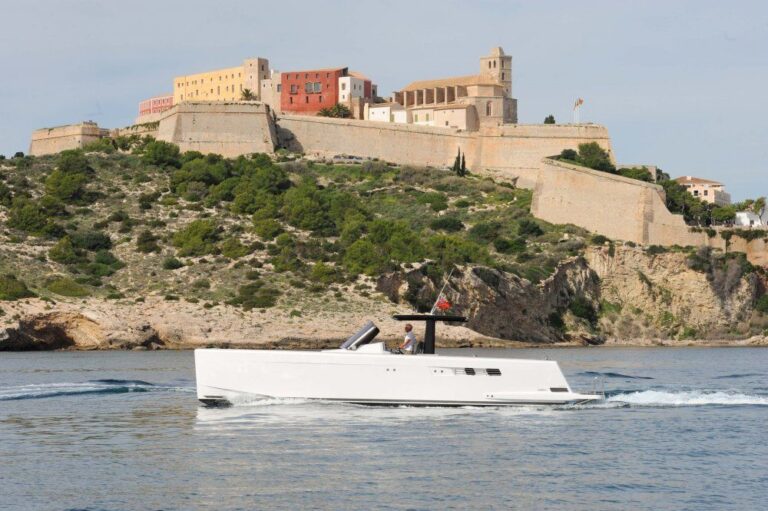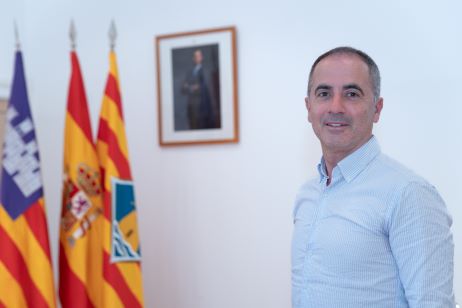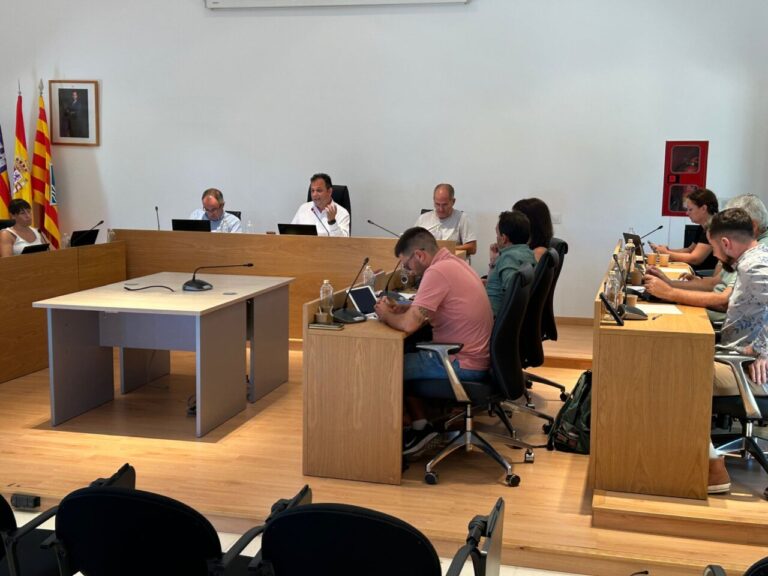No opening or closing hours, in addition to the possibility of being open 24 hours a day. This has been one of the proposals that has attracted the most attention among the conferences held within the framework of the 10th International Congress of Nightlife Leisure which is taking place in Valencia.
The initiative was detailed by Angela Torres, co-founder of the Barcelona Nightlife Commission during the round table discussion entitled “Women who light up the night: leadership and talent in nightlife“.
For some years now, Barcelona has been implementing the Office of the Night, a kind of night mayor’s office. “We are part of the Permanent Council that meets quarterly and there are more than 70 institutions and local entities,” explains Torres in dialogue with La Voz de Ibiza.
The Commission raises the possibility of lifting any time restrictions, taking the example of Berlin’s nighttime ecosystem.
In this context, Torres advocates a“one-weekend pilot test. To really test: we go out on Friday, we do the usual route, and no one knows that, at a certain point, there will be no one to turn on the lights, to turn off the music. And let no one know that, at a certain point, there will be no one to turn on the lights, no one to turn off the music. What’s going on here? Today, doors open.
– The proposal that generated interest is that there should be no closing hours for the premises.
– Exactly, but both the daytime and the nighttime. That is to say, you can go to a place, to a club, because there is a difference between discotheques and clubs, at the time you want. If a space of leisure or night culture decides that its public can go at eight o’clock in the morning, let’s say, and go out at night, or go at night and go out at eight or nine o’clock in the morning, as it is done in Berlin. In Berlin there is no curfew. They have it for a historical reason.
– What is the historical reason?
– After the World War, there was like a meeting between hotel people, restaurateurs, and as people were crushed by the war, they needed a break, after the 20’s. They decided that the best way was to free the night a little bit. And that applied to theaters, nightclubs, cabarets.
– So Berlin today has no closing time, and is there any other paradigm or example in Europe that has no closing time?
– Some other cities in Germany, such as Leipzig, have also opened 24 hours. And Amsterdam, I don’t know if it’s good that there are no closing hours, but there are spaces that during the day have one function and at night they have another.
– In Spain, what social benefit would there be if this scenario of freedom were implemented?
– First, there would be fewer noise complaints, because people would leave the premises more staggered. They would not concentrate at 6 a.m., at 7 a.m., a lot of public.
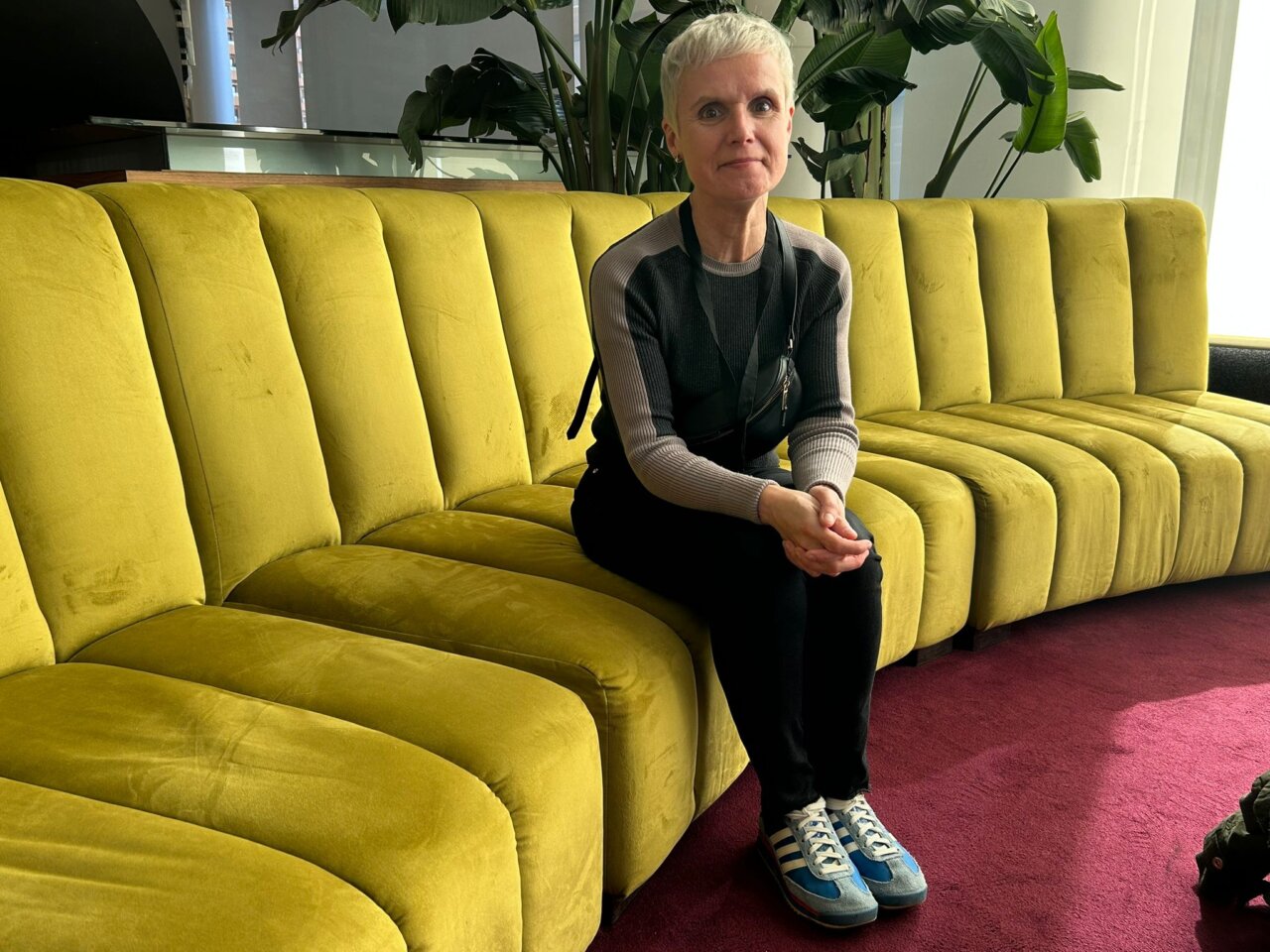
– But there would still be a closing time for each club.
– Yes, but you can go in and out, at least in Berlin you can go home, you can come back, you have a cuff, a stamp, a wristband. In some clubs it has become fashionable to charge you to come back in. In Berlin there are 24-hour clubs that never close.
– What other advantages would it have?
– Occasional crowds, the fact of informal sale of alcohol in the queue, because you are waiting to enter, to leave, you do not know where to go, the afters have not yet opened …. This flow of people who can’t go home…. This, on the one hand, and on the other hand, in terms of substance consumption, which cannot be ignored, we have to talk about it and we have to talk about it face to face, it exists and we cannot eliminate it. Everyone can do what they want, but there would be a more responsible consumption or less concentrated in three hours. Because here we have the habit of going out of the house, having a preview with friends until 1 o’clock, 2 o’clock, or until the time limit that you can enter for free or you have a list and at 6 o’clock you are kicked out. I’m not a big consumer of substances, rather I don’t drink or alcohol, but there are people who do, and in three hours it’s a lot of cane for the body.
– Are there after hours in Barcelona?
– Yes, but they are informal. There are, but they are a bit small mouthed because they are bars, cafeterias, some of them use a cafeteria license. There are spaces that are with the door closed, which is a club that you have to be a member. The institutions do not know where they are and we are not going to tell them because they do not cause problems. They don’t know where they are because they don’t have to send anyone to avoid fights or aggressions. And we want them to stay that way.

